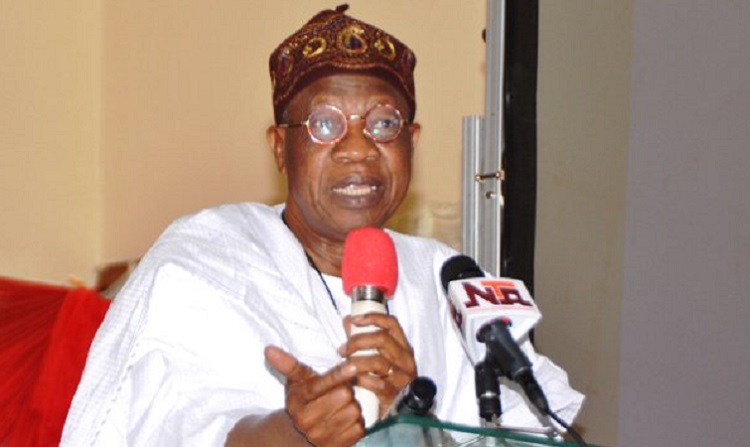Lai Mohammed, minister of information and culture, says ‘Buga’, the hit song by Kizz Daniel, is a reflection of FESTAC`77 held in Lagos state.
FESTAC ’77, also known as the Second World Black and African Festival of Arts and Culture, was a major international festival held from January 15 to February 12, 1977.
According to NAN, the minister spoke in Abuja at an annual public lecture and symposium to commemorate the 45th anniversary of FESTAC ’77 on Wednesday.
The event, organised by the Centre for Black and African Arts and Civilisation (CBAAC), was tagged ‘deepening intercultural dialogue and integration for global peace’.
The minister, who was represented by Otunba Olusegun, the director-general, national council for arts and culture, said Nigerian artistes had been ‘bugaring’ since 1977 .
“I believe that without much Ado, we have been able to see the connection between the Nigeria of yesterday, today and that of tomorrow,” he said.
“The Nigerians have started bugaring from 1977 that is why today there is connection with the youths of today starting what we called Buga.
“I realised that a famous singer, king Sunny Ade, started `Bugaring’ in 1977 but we did not connect with the message. Today, the message is that there is hope for Africa and the entire world.’’
Mohammed said the festival has also brought about several achievements including FESTAC town and national theatre.
“It also gave birth to iconic building, the National Theatre, in Lagos which was a replica of a Bulgarian design as far back as in 1977,” he added.
“It played over 77 plays, 50 music and of course 40 art exhibitions with 200 poetry. I cannot image this kind of quality package in the history of any African country. Artistes that came included the like of Steve Wonder from USA and others.”
Also speaking, Oluwabunmi Amao, the director-general of CBAAC, said: “FESTAC was an epochal event that revived the hope and aspirations of Black and African peoples in a world where they were treated without respect, dignity and recognition.
“The contributions of the black and African people to the advancement of the world today is well documented and appreciated.”
Copyright 2024 TheCable. All rights reserved. This material, and other digital content on this website, may not be reproduced, published, broadcast, rewritten or redistributed in whole or in part without prior express written permission from TheCable.
Follow us on twitter @Thecablestyle

